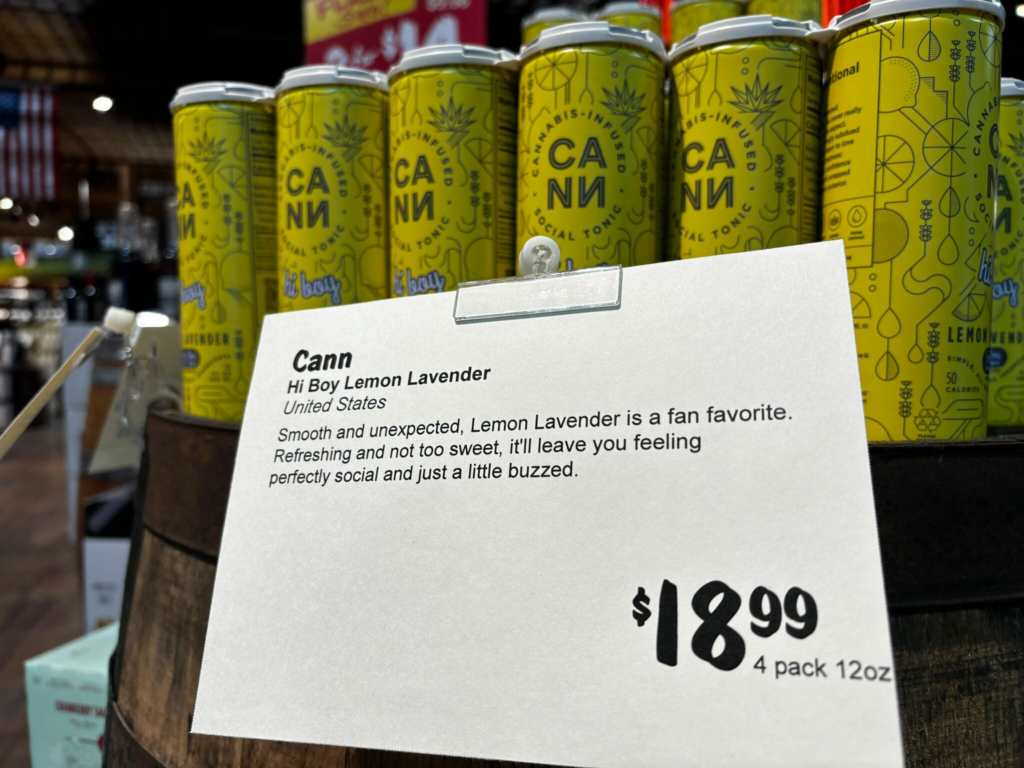
Under Connecticut state law, the sale of THC-infused drinks is legal. Some are worried about the lack of age restrictions for some of the products.
“You don’t know who’s going to get what and who’s going to get a hold of what, so you just have to be careful,” Dori Mora, of Bristol, said.
Right now, certain THC-infused seltzers sold at Connecticut stores do not require customers to be of a certain age.
“It’s a lot of wordsmithing, it’s a lot of unclarity and lack of transparency to be honest with you,” said Megan Albanese, youth prevention coordinator at Southington’s Town-wide Effort to Promote Success (STEPS).
According to state law, THC-infused drinks, hemp or hemp-derived beverages are permitted for sale in Connecticut if they have no more than 5 mg of THC per container, and no more than 1 mg of THC per serving.
“Anything above those levels is cannabis and therefore has to be sold through our regulated marketplace, over 21, through our regulated dispensaries,” Rep. Michael D’Agostini (D-Hamden) said.
But he said some manufacturers have found ways around the current wording of the law.
“Manufacturers have tried to get around this by patching over the per serving piece of their product, and then claim ‘Oh, this doesn’t exceed more than five per container,’ or they do it the other way and they patch over the per container, and it’s only 1 mg per serving and then it’s 20 servings in the can,” D’Agostini said.
He said the state legislature is currently discussing a law that would label any product sold at or above 0.5 mg THC per container a cannabis product.
That would require the THC drinks to only be sold at a regulated, age-restricted dispensary.
“A current loophole in the law allows the seltzers to be sold at any kind of store, bodega, convenience market, even package and liquor stores,” Albanese said.
Currently, restrictions on sales can vary depending on location.
For instance, one liquor store in Southington said they require customers to be 21 in order to buy anything, including THC-infused seltzer, in their store.
“They’ve been trying to kind of come up with their own rules on it and we need to step in and make clearer, bright line rules with respect to how, when, who is purchasing these products,” D’Agostini said.
He said the legislative committee will vote on the bill in the first week of March.
You can view the whole article at this link.


